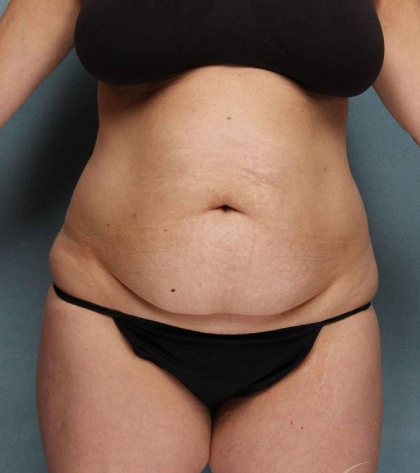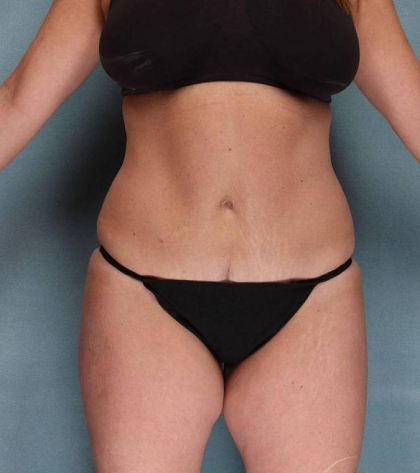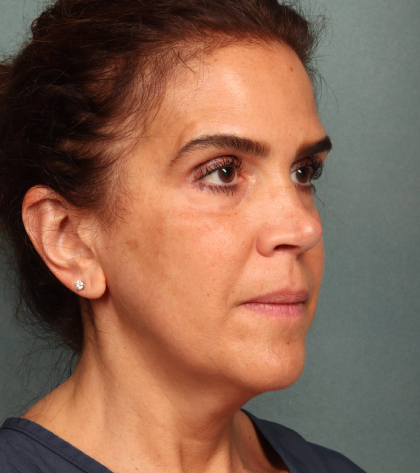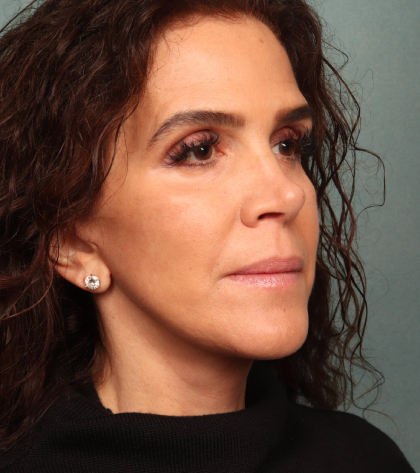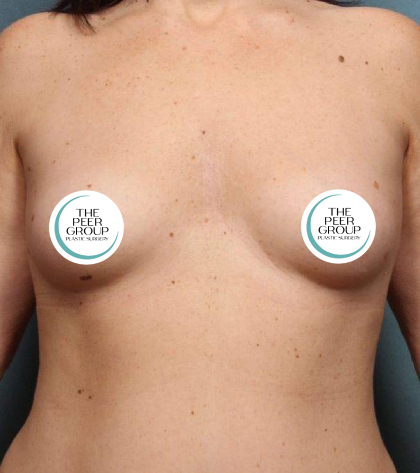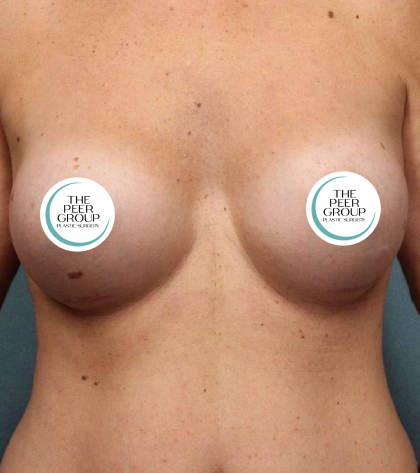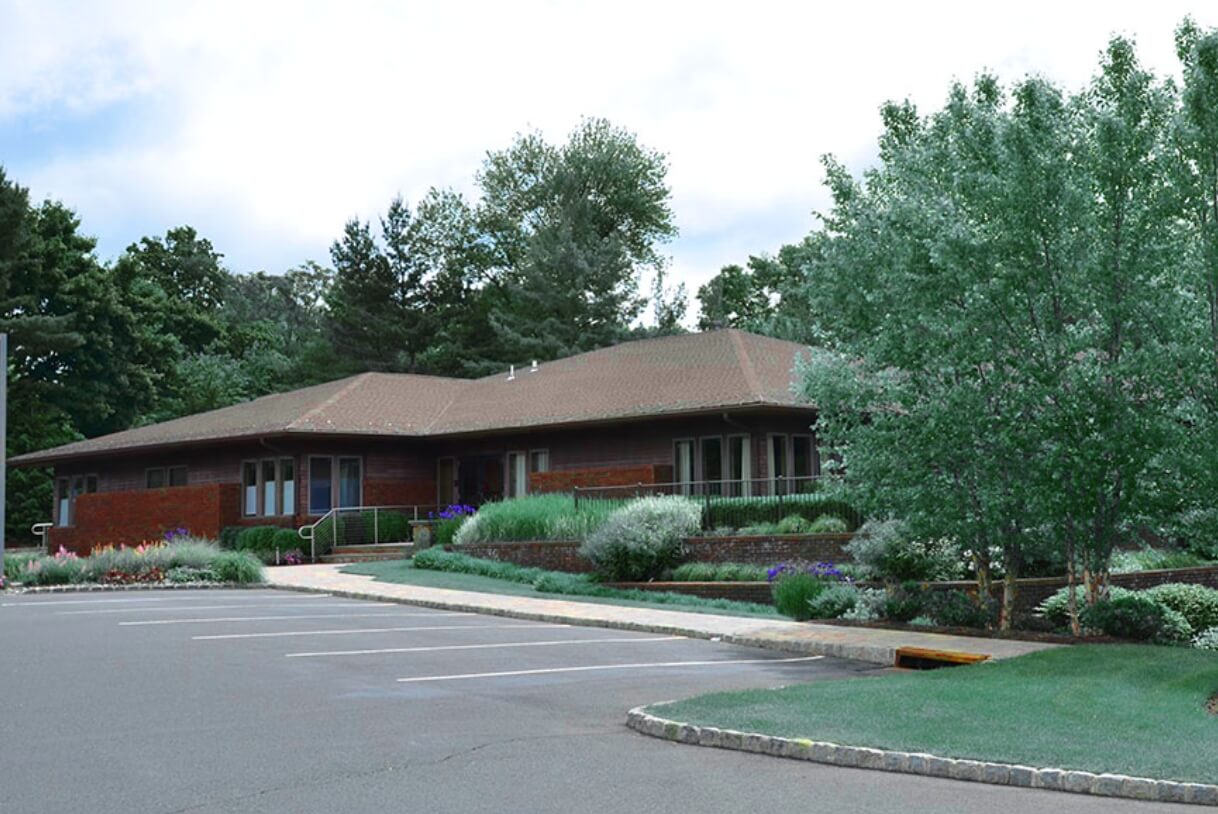Acne Treatment
Consultations offered at our two convenient locations in Florham Park, NJ and Somerville, NJ
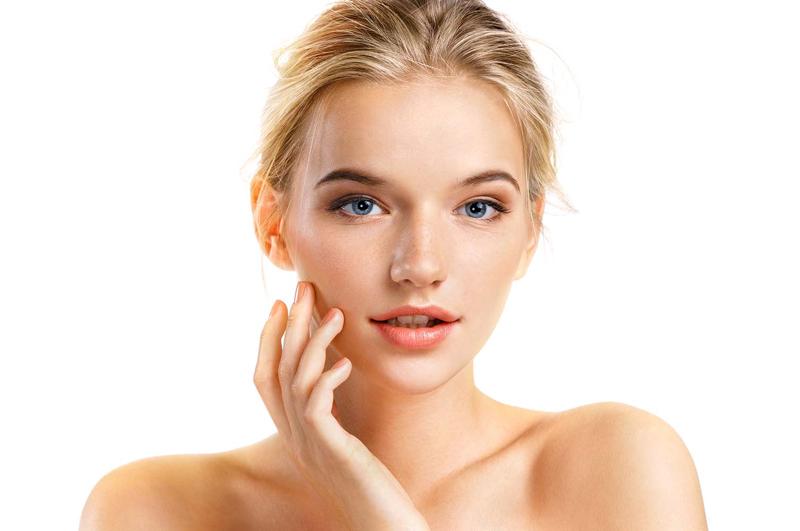
Manage Pimples and More in New Jersey
From scattered pimples and blackheads to deep and painful cysts, millions of men and women in all age groups and demographics will be affected by acne every year. While the common skin condition is not contagious or physically dangerous, acne can take a mental toll and even cause scars if the lesions become severe. Fortunately, certain medications, devices, and other treatments have been found to be successful for clearing the skin and improving self-image and self-confidence. The most effective acne treatment at New Jersey’s The Peer Group depends on how severe and persistent a patient’s acne is.
What is Acne?
Acne is a chronic inflammatory skin disease that pretty much everyone deals with at some point during their lifetime. It starts when pores, which are small openings in the skin attached to oil glands, become clogged with an oily liquid called sebum, dead skin cells, and hair. The plugged pores can then become infected with bacteria called Propionibacterium acnes (P. acnes), which is always present on the skin.
Symptoms include blemishes, pimples, oily skin, swelling, and skin that may be hot or uncomfortable to touch in some areas.
Acne breakouts can be brought on by several triggers, including hormonal changes, menstruation, emotional stress, greasy cosmetics, hot and humid climates, squeezing the skin, and certain medications.
The most common areas for breakouts to occur are the face, back, and chest, but pimples may also flare up on the neck, shoulders, and upper arms as well. If you have moderate to severe acne, it may be best to see a skin care professional for acne treatment.
What Does Acne Treatment Involve?
There’s no one-size-fits-all method of acne treatment, as each patient will need to be evaluated to find a personalized solution.
Acne treatment options from The Peer Group include cosmetic procedures such as light and laser therapy and chemical peels. Patients who have discovered that over-the-counter products or prescription creams and medications aren’t helping to reduce their symptoms of stubborn and persistent acne can try office-based acne treatments.
Several types of topical and oral treatments can be prescribed as an acne treatment, including topical products containing benzoyl peroxide, retinoids, azelaic acid, and antibiotics, or oral antibiotics, isotretinoin, and hormone therapy. Drainage and extraction with special instruments can be used to clean out blackheads, cysts, and other blemishes.
IPL® photofacial, laser scar revision, and laser skin resurfacing help to minimize the appearance of acne scars. IPL (intense pulsed light) gives off multiple short flashes that prompt healing. Resurfacing removes the outer damaged layers of skin while encouraging the growth of new collagen to enhance the skin’s appearance.
Acne Treatment: How to Prevent and Manage Acne
Aside from professional acne treatments, patients can take other steps to care for acne-prone skin at home. Try cleansing (not scrubbing) the face no more than twice every day with warm water and mild soap that’s formulated for acne, wash your hands often (especially when applying products on the face), avoid too much sun exposure, and reduce anxiety and stress levels as much as possible. Also, refrain from scratching or “popping” pimples, as this can make the blocking, swelling, redness, and infection worse while also increasing the risk of scarring.

